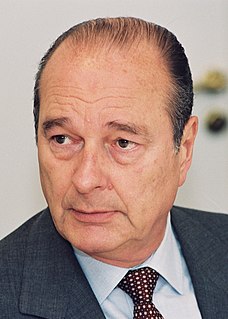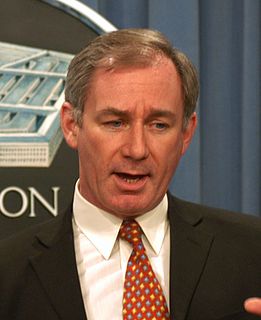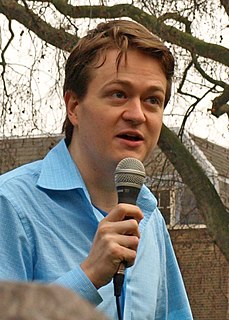A Quote by Timothy Garton Ash
Nuclear proliferation - the proliferation of WMDs altogether - is one of the greatest dangers of our time.
Quote Topics
Related Quotes
The international community must do a better job of controlling the risks of nuclear proliferation. Sensitive parts of the nuclear fuel cycle - the production of new fuel, the processing of weapon-usable material, the disposal of spent fuel and radioactive waste - would be less vulnerable to proliferation if brought under multinational control.
The real issue of dealing with proliferation of weapons of mass destruction: nuclear, chemical or biological is: What is your tolerance for risk? And my tolerance for risk for WMD proliferation is pretty close to zero. Because otherwise, we and our allies are at the mercy of regimes like Ahmadinejad and the mullahs in Tehran, or Kim Jong Il and the Hitler-in-the-bunker mentality in Pyongyang, or others who don't share our calculus on the value of human life.
We have been led to believe that we have come a long way toward world nuclear disarmament. But that is not the case. Our government is not doing all that it could. We must urge our leaders to fulfill the obligations of the Nuclear Non-Proliferation Treaty. The United States must assume world leadership to end once and for all the threat of nuclear war. It is our moral responsibility.
One of the greatest concerns that I had when I became President was the vast array of nuclear weapons in the arsenals of the United States and the Soviet Union and a few other countries, and also the great proliferation of conventional weapons, non-nuclear weapons, particularly as a tremendous burden on the economies of developing or very poor countries.
The time has come for those nations that rely on the force of nuclear armaments to respectfully heed the voices of peace-loving people, not least the atomic bomb survivors, to strive in good faith for nuclear disarmament and non-proliferation, and to advance towards the complete abolishment of all such weapons.


































